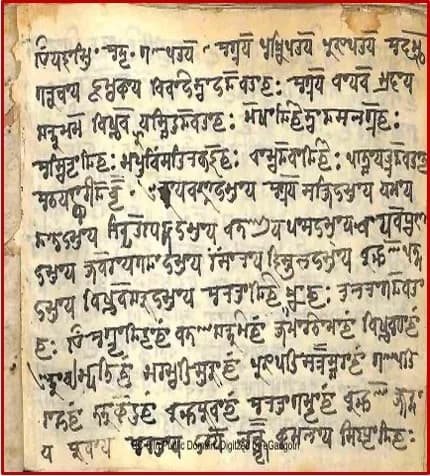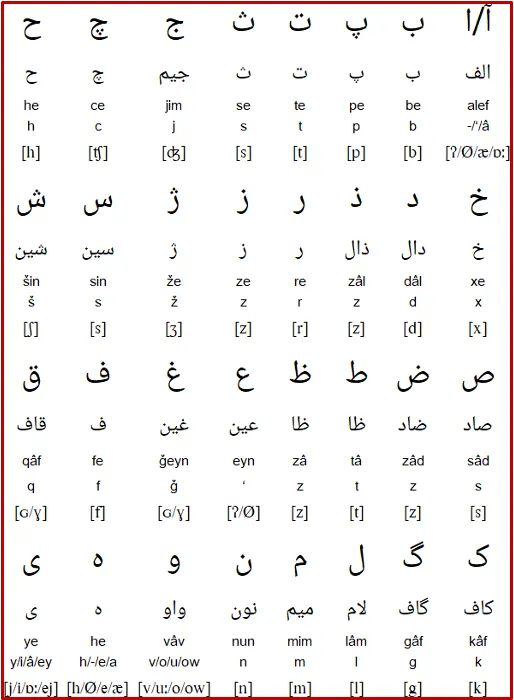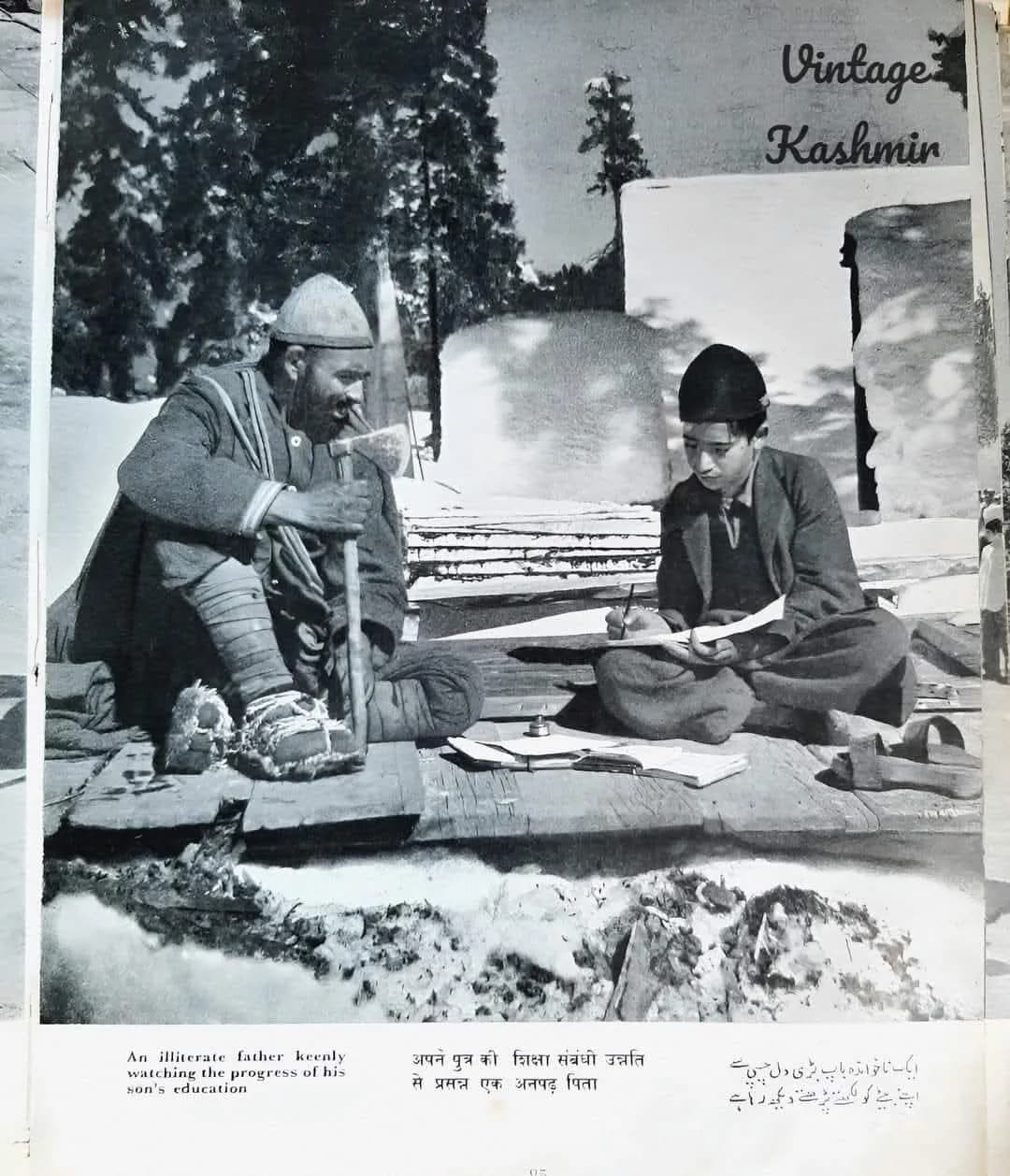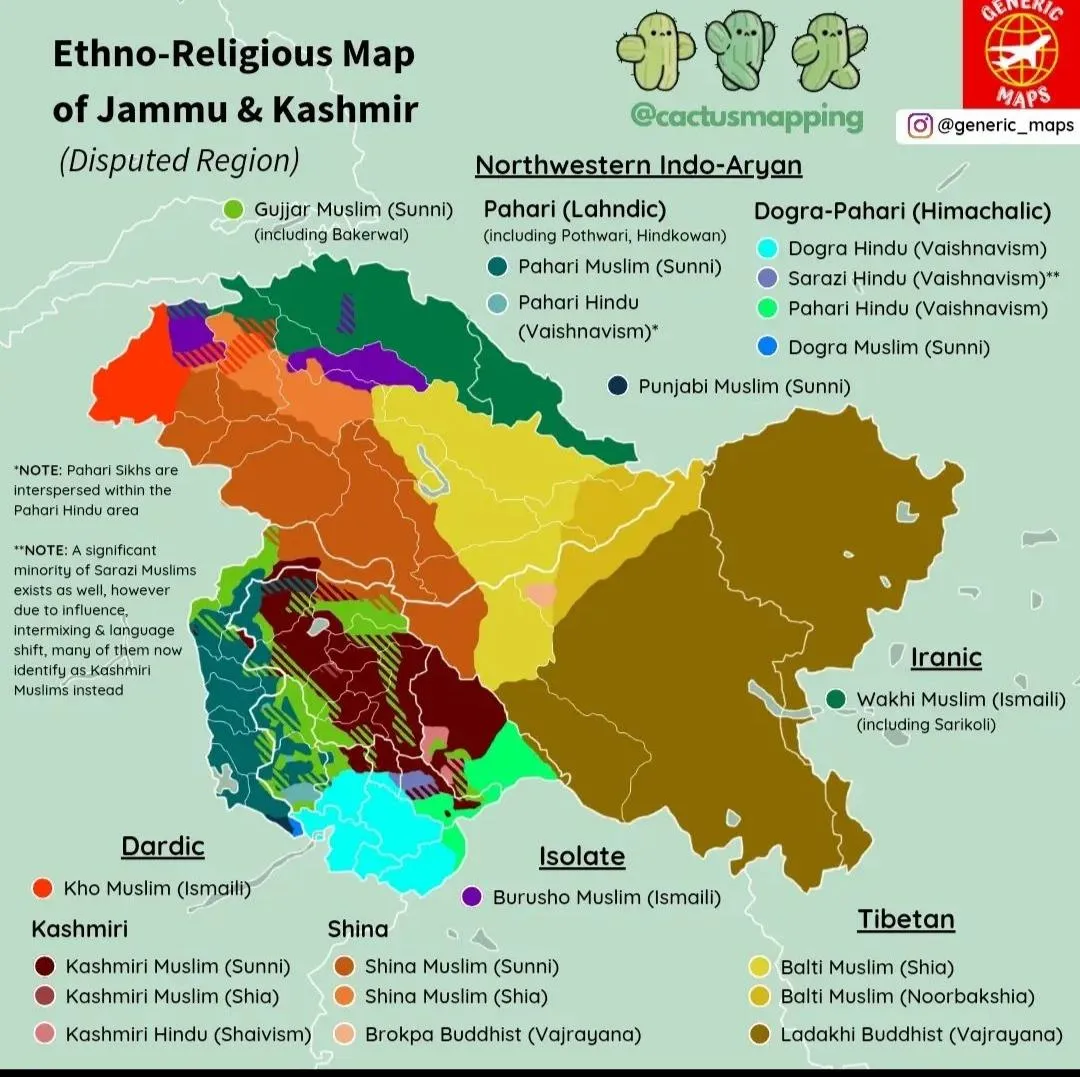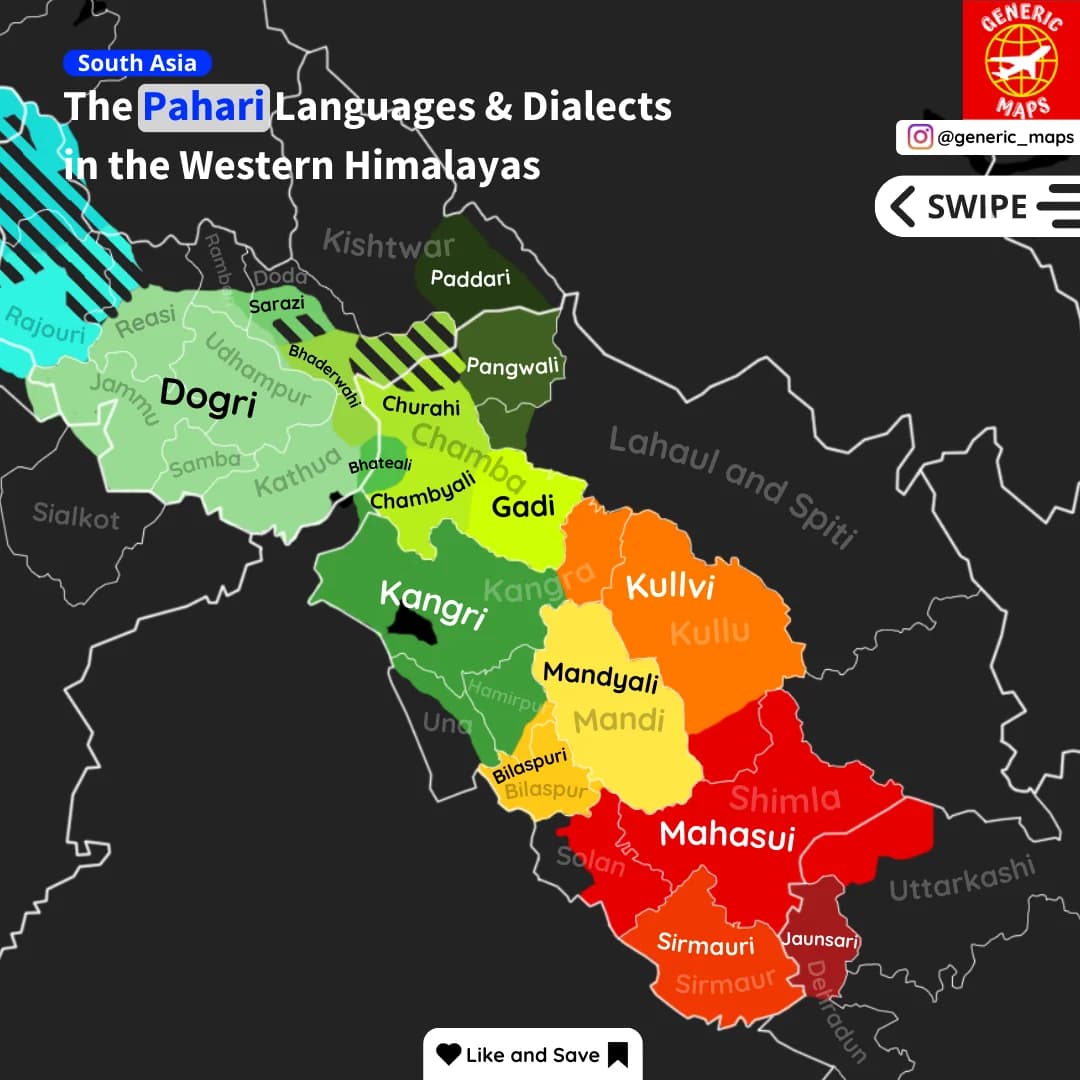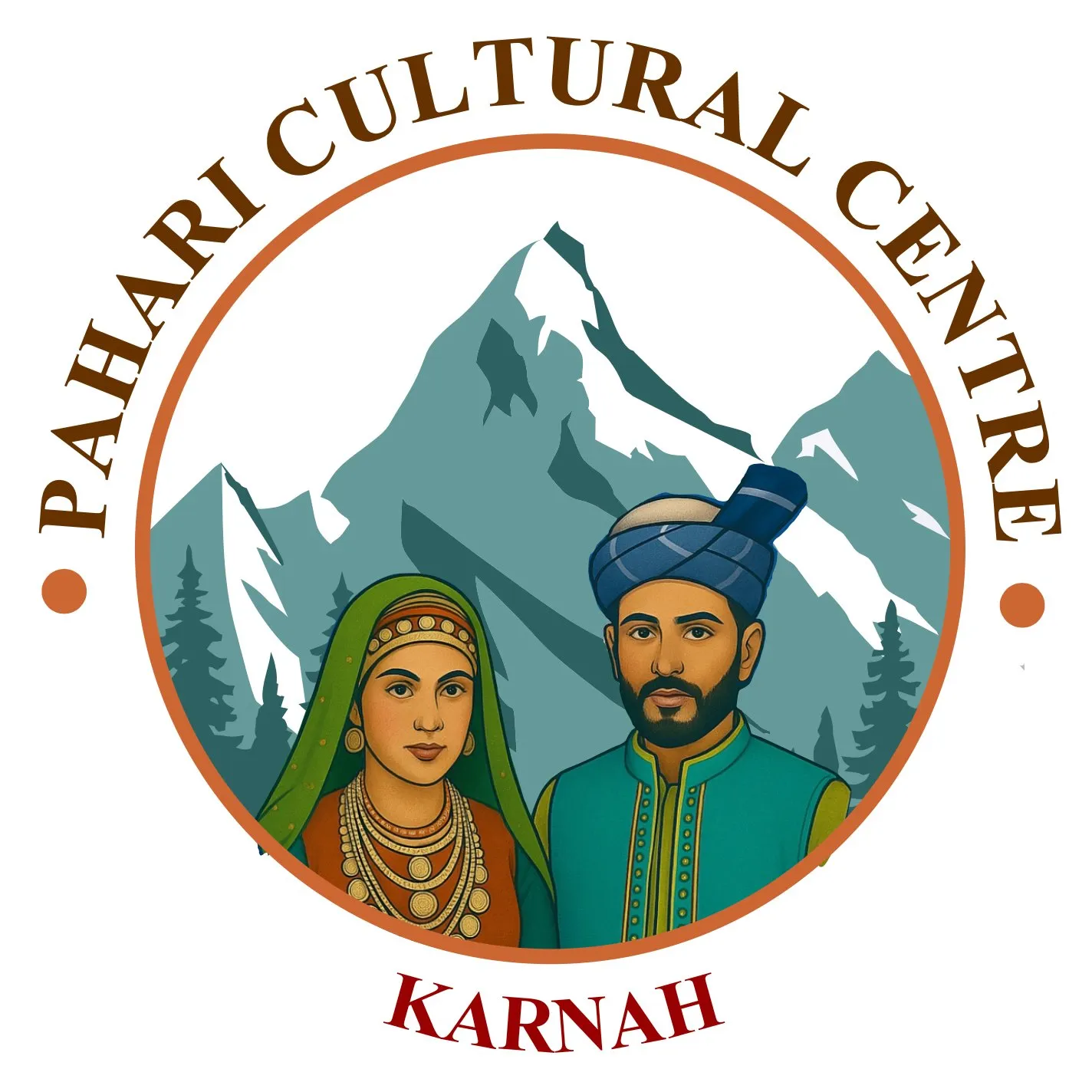Linguistic Legacy
The Pahari Language: A Living Heritage
The Pahari language is not just a means of communication; it is a living echo of the valleys, hills and heritage of Jammu and Kashmir. Spoken across the Pir Panjal, Himachal Pradesh and surrounding highlands, Pahari encapsulates stories of empires, migrations and mountain life. Every dialect—be it Mirpuri, Hindko, Bhadarwahi or Pothwari—holds centuries of cultural memory, woven into folk songs, lullabies and proverbs.
Some branches of Pahari languages belong to the Indo-Aryan family, yet they retain many features from ancient Sanskrit and Prakrit. Many everyday words, like "pahāṛ" (mountain) or "bhai" (brother), come from these roots. Influenced by Dardic, Kashmiri and Tibeto-Burman tongues, Pahari reflects centuries of contact with neighboring communities. In Kashmir, these languages were once written in the elegant Takri script, a tradition now largely forgotten but not lost.
From the poetic verses of Sufi saint Mian Muhammad Bakhsh to village storytellers in Rajouri and Poonch, the Pahari voice continues to adapt. During Persian rule and later under British influence, Urdu and Hindi became dominant, but Pahari remained in the hearts and homes of the people. Despite pressures from mainstream languages, Pahari dialects survived, passed down in songs, rituals and everyday life.
A linguistic map of Jammu & Kashmir reveals rich diversity: Kaghani in Kupwara, Chibali in Rajouri, Parmi in Shopian and Hindko in Bandipora. Each dialect, though distinct, shares roots and rhythms that echo across mountains. A Pahari proverb says, "Pahar di boli vich pahar di rooh vasdi hai" — \"The soul of the mountains lives in the language of the mountains.\"
In recent years, cultural centers and local academies have worked tirelessly to revive the Pahari legacy. From poetry festivals to folk music revivals, artists and linguists are preserving this precious heritage. In 2024, the recognition of Pahari-speaking communities as Scheduled Tribes marked a milestone in the fight for linguistic identity and inclusion.
Cultural Wisdom: "Pahar di boli vich pahar di rooh vasdi hai."
"The soul of the mountains lives in the language of the mountains."
This poetic expression, inspired by the folklore of tribes like the Gaddis or Kinnauris,
ties their linguistic heritage to their rugged, mountainous environment.
Chronology Of Pahari Scripts
Jammu & Kashmir Dialects
Sharada Script 8th - 12th century CE
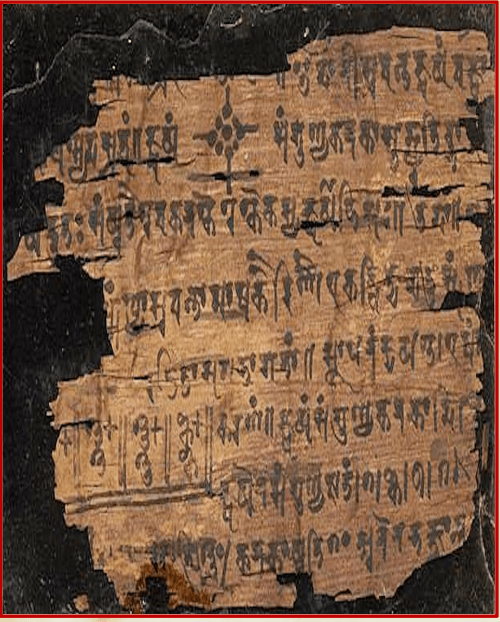
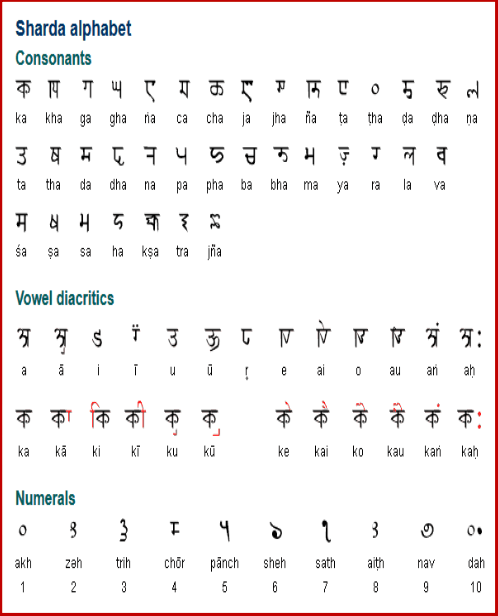
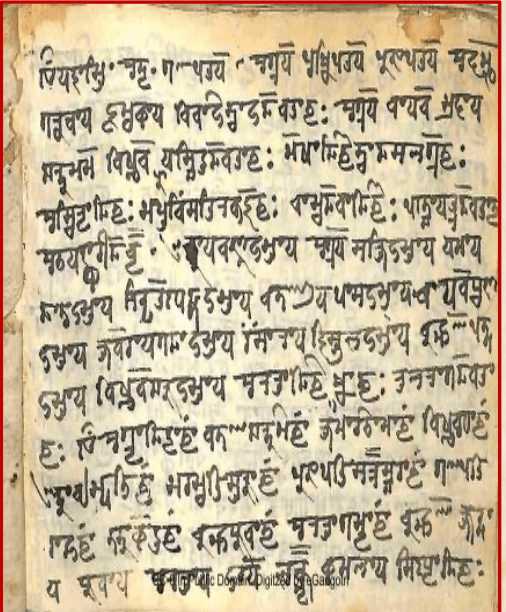
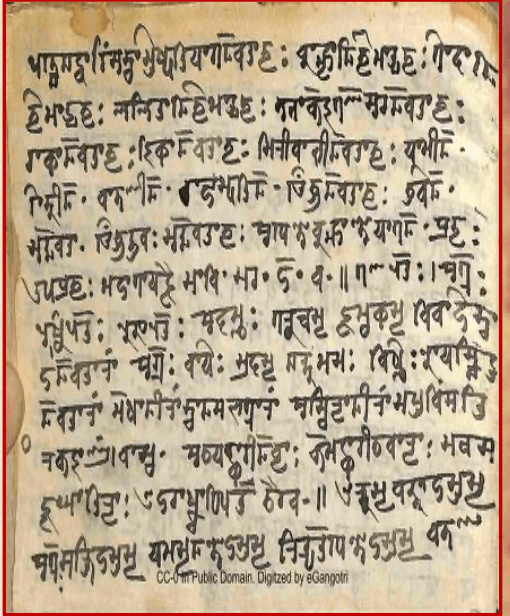
This script was used in ancient Kashmir and surrounding regions, mostly before the rise of Takri. Languages derived out are early forms of western Pahari languages, including Kashmiri. Presently, obsolete for daily use, studied mostly in manuscripts and inscriptions.
Takri Script (12th–18th century CE)
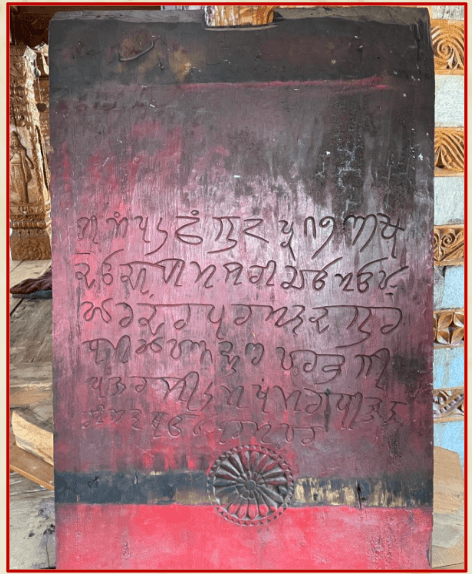
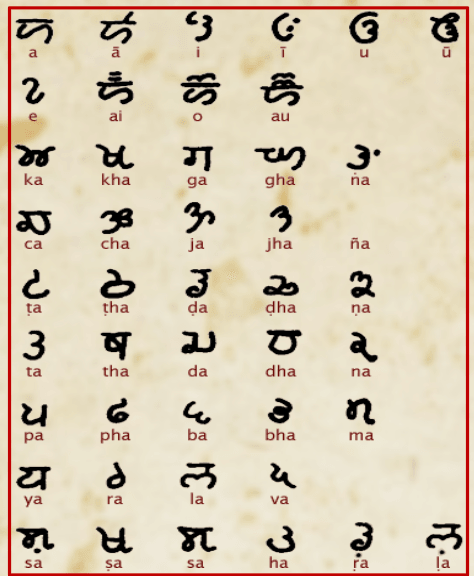
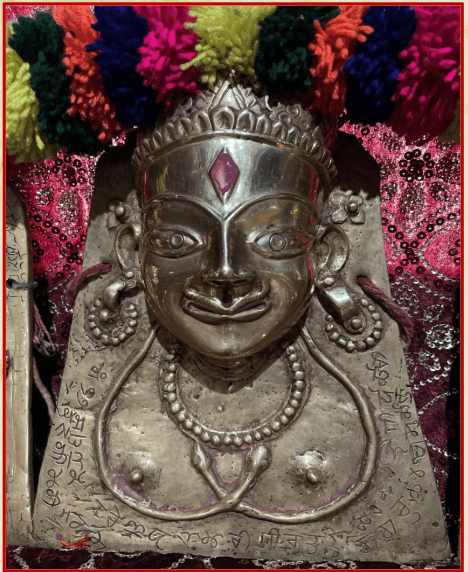
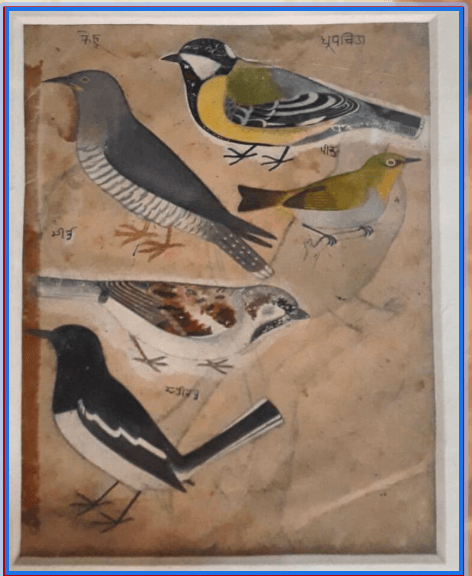
Used in Western and parts of Central Pahari regions (Himachal Pradesh, Jammu, and parts of Uttarakhand) and Languages derived are Dogri, Kangri, Mandeali and Gaddi. Traditional script now largely replaced by Devanagari or Perso-Arabic scripts. There are regional variants of Takri (e.g., Chambeali Takri, Dogri Takti).
Perso-Arabic Script (Nastaliq) (17th century onwards)
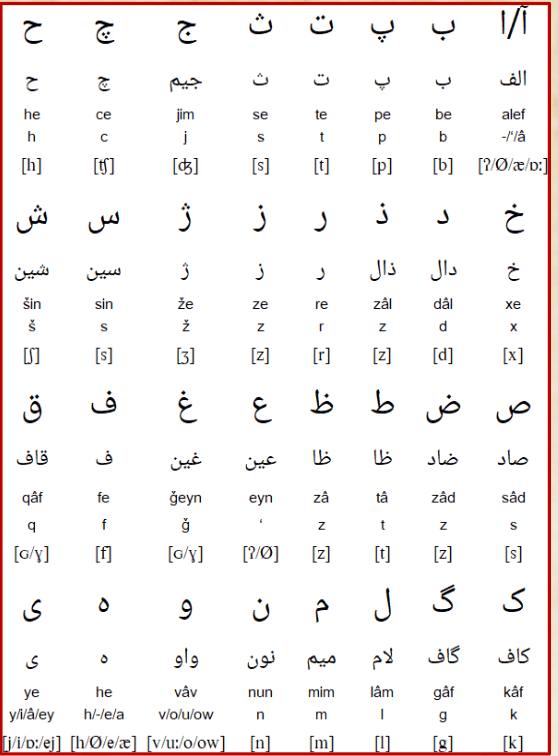
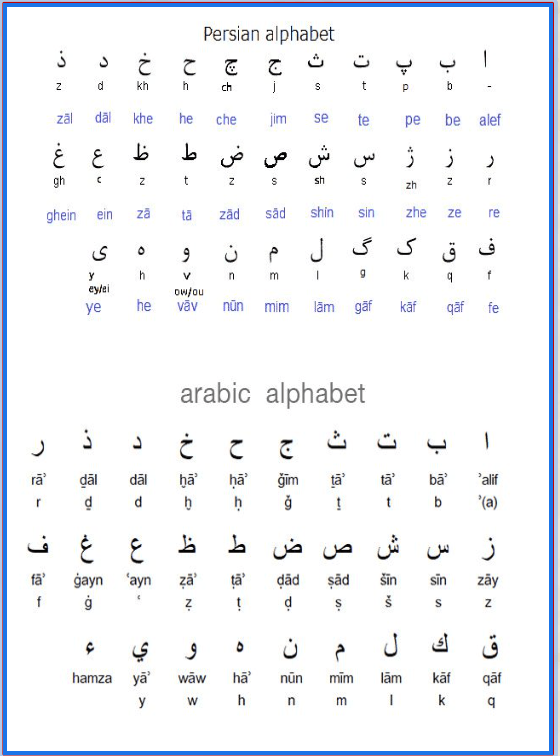
Formerly more commonly used in state of Jammu & Kashmir & in todays parts of PoK. Dogri (in historical Muslim contexts), Pothwari, Mirpuri are few common languages derived of this script.
Devanagari Script (19th century)
%2Fimage.png&w=3840&q=90&dpl=dpl_3Yn4eFBYP5J8PMWjeCu7Va2gqMSz)
%2Fimage%20copy.png&w=3840&q=90&dpl=dpl_3Yn4eFBYP5J8PMWjeCu7Va2gqMSz)
Widely adopted across Central and Eastern Pahari regions & Languages derived are Garhwali, Kumaoni, Nepali and some Himachali dialects. Dominant script today for most literary and official uses. Nepali, an Eastern Pahari language, uses a standardized form of Devanagari.
